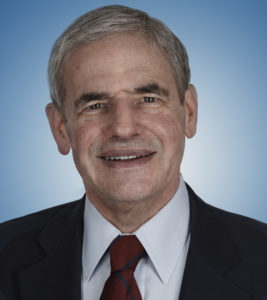Public speaking in the United States has degraded in both style and content. Style is substance; poor style will detract from any merits of content. In this piece, I will focus on one problem with style. The phenomenon may be present in other English-speaking countries, but if so, this has not come to my attention.
The problem is the routine deployment of the rhetorical question “right?”, often concluding or following almost every sentence. To experience an overdose of the phenomenon, listen to CNN audio. (I cut the television cord years ago. While I disagree with CNN’s leftist views and recognize the network is oblivious to economics and philosophy, I listen with a mental filter to learn about daily news.)
To sample the plague, scan CNN transcripts using the search term “right?” (without quotation marks). See, for instance, a segment that aired on November 10, 2022, “CNN’s [sic] Provides Real-Time Results Of The Midterm Elections …” The expression appears ten times.
In another example, “Candidates On The Ground Scrambling For Votes Two Days To Election …,” which aired on November 6, 2022, “right?” is uttered eleven times.
Next, consider the realm of White House media briefings. In “Press Briefing by Press Secretary Karine Jean-Pierre and National Security Advisor Jake Sullivan, November 10, 2022,” Ms. Jean-Pierre uses the phrase in the manner discussed here, i.e., as a rhetorical question, eleven times. She also provides a bonus instance of using the expression in the equally ridiculous way of stating agreement by asking, “Right?”.
I also observe the phenomenon in webinars I attend. People with advanced degrees, who should know better, make “right?”-cluttered presentations, losing credibility.
I do not know the origin or cause of the usage. It may be an affectation of modesty, suggesting that the speaker’s views depend on consent from the listeners. The speaker may also intend to imply that dubious assertions are valid. However, I attribute the widespread existence of the phenomenon to mindless conformity.
Regardless, the usage is grating and unprofessional and weakens the message. It also reflects poorly on the speaker, projecting insecurity — uncertainty and a need for validation.
Effective speakers, including leaders, need to convey facts and ideas with confidence. We can lead by example and encourage those we lead to polish their speaking skills.
How difficult is it to stop “right?’ and other detrimental habits? Psychologist Robert “Bob” Hartley offers a quick solution in a therapy session documented by Mad TV.




